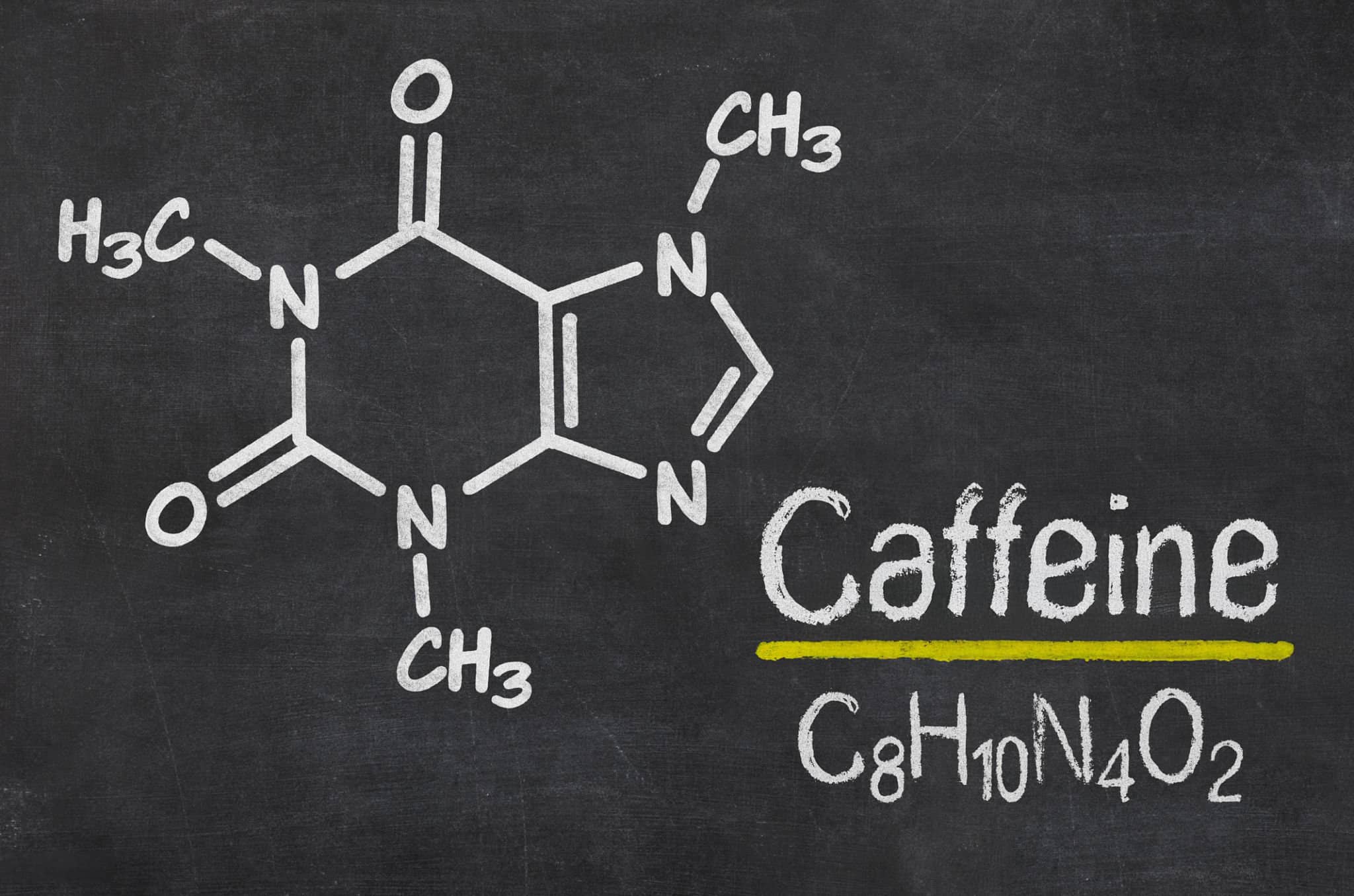Introduction
White tea, known for its delicate flavor and minimal processing, holds a unique place among tea varieties. Originating from the buds and young leaves of the Camellia sinensis plant, white tea undergoes minimal oxidation, giving it a light and refreshing taste. But does this gentle tea contain caffeine? Many tea drinkers are curious about caffeine levels in white tea, especially when comparing it to other teas or even coffee. In this article, we’ll dive into the caffeine content of white tea, how it compares to coffee, and its potential health benefits.
What Is White Tea?

Origin and Processing of White Tea
White tea is one of the least processed types of tea, originating from China, particularly in Fujian province. It’s made from the youngest tea leaves and buds, which are carefully picked, withered, and dried with minimal oxidation. This process preserves more natural antioxidants and flavors, making white tea an exceptionally light and pure tea with subtle floral notes.
Varieties of White Tea
The main varieties of white tea include Silver Needle tea (Bai Hao Yin Zhen), White Peony tea (Bai Mu Dan), and Shou Mei. Each type offers unique flavors and subtle differences in caffeine content. Silver Needle, for example, is known for its delicate flavor and slightly higher caffeine levels compared to other white teas due to the use of young buds.Does White Tea Contain Caffeine?

The Science Behind Caffeine in Tea Leaves
All teas from the Camellia sinensis plant contain caffeine, including white tea. The caffeine in tea is naturally occurring, developed as a defense mechanism in the plant to deter pests. White tea, however, typically contains less caffeine than black tea and green tea due to its minimal processing. On average, an 8-ounce cup of white tea contains between 15-30 mg of caffeine, which is lower than most other teas.
Caffeine Levels in White Tea Compared to Other Teas
When comparing white tea’s caffeine levels with other teas, it generally ranks lower. Black tea, for example, contains around 40-70 mg of caffeine per 8-ounce serving, while green tea typically has about 20-45 mg. Herbal teas, like chamomile or rooibos, are naturally caffeine-free, making them suitable alternatives for caffeine-sensitive individuals.
Comparing White Tea and Coffee for Caffeine Content
For those more familiar with coffee, white tea’s caffeine content is significantly lower. A typical 8-ounce cup of coffee contains around 95 mg of caffeine, three to five times more than an equivalent serving of white tea. This makes white tea a great choice for individuals looking for a lighter, less stimulating beverage.
Factors Affecting Caffeine in White Tea
Several factors influence caffeine levels in white tea. These include the type of leaves used, harvest time, and brewing method. Younger buds generally have more caffeine, and steeping time and temperature can also affect the final caffeine content in your cup.
Health Benefits of Caffeine in White Tea

Gentle Stimulation and Mental Clarity
White tea provides a gentle caffeine boost that can enhance mental clarity without the jitters often associated with coffee. This makes it an ideal choice for individuals who need light stimulation to stay focused, without the intense effects of a stronger caffeinated beverage.
Antioxidants and Caffeine Interaction
The combination of antioxidants and caffeine in white tea offers numerous health benefits. Caffeine can help boost metabolism, while antioxidants support cellular health and combat oxidative stress. Together, they make white tea a refreshing and healthful beverage option.
Who Should Be Cautious with White Tea's Caffeine?
Sensitivity to Caffeine and White Tea Consumption
Individuals sensitive to caffeine may still experience mild effects from white tea, such as slight energy boosts. It’s best to start with a small amount and gradually increase intake if desired. White tea’s mild caffeine content offers a good starting point for those with caffeine sensitivity.
Pregnant Women and Caffeine Intake Recommendations
Pregnant women are generally advised to limit caffeine intake to under 200 mg per day. Since an 8-ounce cup of white tea contains only around 15-30 mg, it can be a suitable choice, but moderation is essential. Always consult a healthcare provider for personalized advice.
Brewing Tips to Control Caffeine in White Tea

Temperature and Steeping Time Adjustments
Brewing white tea at lower temperatures (around 160°F-185°F or 70°C-85°C) for a shorter period (2-3 minutes) can reduce caffeine extraction. Adjusting brewing parameters allows you to enjoy white tea with even milder caffeine content.
Choosing the Right White Tea for Lower Caffeine
Opt for white tea varieties known for lower caffeine levels, such as Shou Mei, if you prefer a gentler experience. Different white teas have varying caffeine levels, so choosing the right variety can help you control your caffeine intake.
Frequently Asked Questions about Caffeine in White Tea
Can I drink white tea at night?
Yes, as it has lower caffeine than green or black tea, it’s generally safe for evening consumption if consumed in moderation.
Is white tea caffeine-free?
No, white tea does contain caffeine, though in lower amounts compared to other teas.



